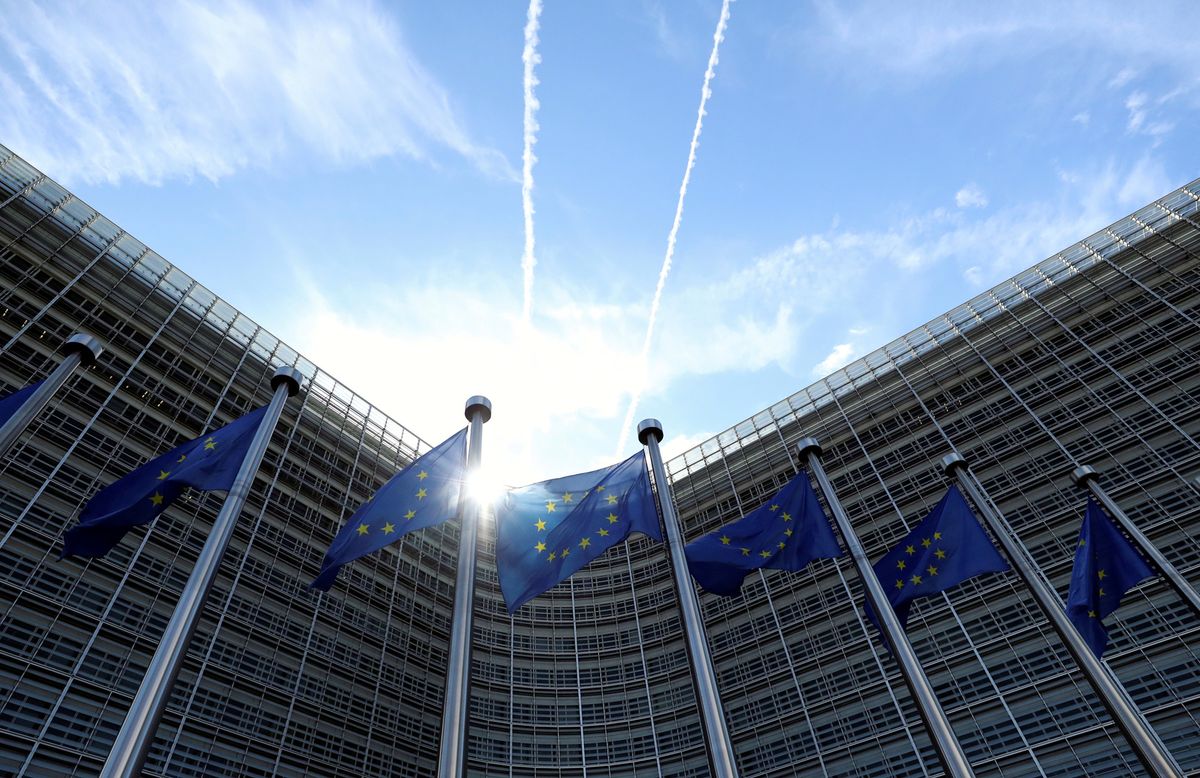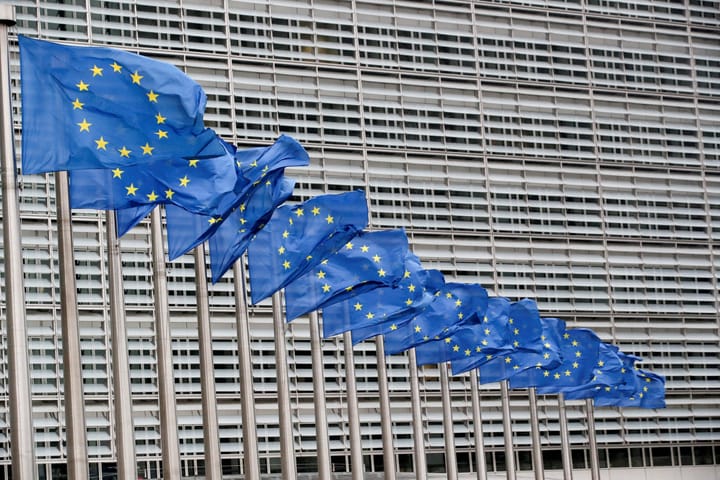What is the EU’s Action Plan against Disinformation?

A few minutes every morning is all you need.
Stay up to date on the world's Headlines and Human Stories. It's fun, it's factual, it's fluff-free.
As a framework for stopping the spread of intentional falsehoods, this action plan may offer an essential guide for dealing with disinformation, not just in Europe but in the US as well.
Though disinformation campaigns are not a new phenomenon, their role in 21st century politics and the ease by which they spread online have made them a major national security concern. It has been a frequent topic of conversation in the media in the United States ever since the 2016 election, yet the concern is hardly limited to the US.
The politicization of the issue in the US, especially as it relates to Russia’s efforts to help President Donald Trump win elections, has at times overshadowed the global impact of disinformation. Combating propaganda and foreign distortions have for years been a chief concern among the US’ allies in the European Union (EU).
Following multiple disinformation campaigns in European elections and referendums, the EU established the Action Plan Against Disinformation in 2018. As a framework for stopping the spread of intentional falsehoods, this action plan may offer an essential guide for dealing with disinformation, not just in Europe but in the US as well.
What is the Action Plan against Disinformation?
Before 2019’s European parliamentary elections, the EU understood it had to do something about the looming threat of disinformation. Member states had already been victims of such campaigns, including during the United Kingdom’s “Brexit” referendum and Spain’s fierce fight over Catalan independence.
On December 5, 2018, the European Commission, the executive branch of the EU, officially released the EU’s Action Plan against Disinformation. The plan included an overview of the issue, particularly as it pertained to Russian disinformation campaigns. It also outlined the four “pillars” of the action plan:
i. Improving the capabilities of Union institutions to detect, analyse and expose disinformation
ii. Strengthening coordinated and joint responses to disinformation
iii. Mobilising private sector to tackle disinformation
iv. Raising awareness and improving societal resilience
The goal of the action plan was to “address potential threats to the elections and to strengthen the resilience of the Union’s democratic systems.” Utilizing “a strong alliance of journalists, fact-checkers, platforms, governments, national authorities, researchers and civil society,” the EU seeks to actively combat all forms of disinformation, regardless of the source.
The threat of disinformation
In 2015, the European Council, which includes the heads of state of all EU member states, recognized that it needed to address disinformation campaigns coming out of Russia. This was the year before the American press started discussing the issue as a serious threat to American democracy, especially as it related to the 2016 election.
In a November 2015 briefing from the European Parliament, the issue was discussed in relation to the Ukraine crisis. That crisis referred to the efforts of Russian President Vladimir Putin to undermine an alliance between the EU and Ukraine. In early 2014, the Russian military forcefully annexed Crimea, a region of Ukraine, to maintain its influence in the country.
Russian disinformation campaigns were aimed at eroding support for the EU within Ukraine and growing positive public opinion for Russia, both in the region and internationally.
“The Kremlin is using Russian media to shore up domestic support,” the 2015 European Parliament briefing stated. “Outside the country, the RT television channel aims to divide international public opinion and undermine hitherto largely united opposition to Russian involvement in eastern Ukraine.”
That turned out to be just the tip of the iceberg. Russia has continued to spread disinformation in other countries across Europe, Asia and North America. The goal of these campaigns, as they have been in the US, is to sow division, often along societal or racial lines. Russia is also seeking to interfere in democratic norms to upend elections.
Beyond elections and referendums, the Action Plan against Disinformation noted Russian-seeded disinformation campaigns have been “related to the war in Syria, to the downing of the MH-17 aircraft in the East of Ukraine and to the use of chemical weapons in Salisbury attack.”
This year, one of the major concerns for both the EU and the US is the spread of misinformation related to the COVID-19 pandemic. A report earlier this year found that the Russian-backed media outlet RT (formerly Russia Today) was working to spread misinformation about the coronavirus, including the conspiracy that the virus was a weapon.
While other countries have been building their disinformation capabilities, including China and Iran, the European Commission maintains that Russia is still the greatest threat “because it is systematic, well resourced and on a different scale compared to other countries.”
Nations within the EU are developing their own protocols for fighting disinformation that will align with the Action Plan against Disinformation.
For instance, on November 9, the European Commission officially gave their support to Spain’s recent proposal for combating disinformation. The Spanish system is designed “to prevent, detect and respond to disinformation campaigns.” Spain has been particularly concerned about fake news in the wake of the disinformation campaign related to the Catalan independence movement.
Despite these concerns, which are shared by much of the populace, there has been opposition to the central government’s efforts to combat disinformation. Members of the opposition People’s Party, known in Spain as the “Partido Popular” (PP), have claimed that the proposal is an effort to control the media.
However, the government’s plan would not directly censor content. Instead, it would provide counter-information in an effort to stop the spread of disinformation. Some of the measures in this recent proposal were already enacted in 2017 under the previous PP-led central government.
Have a tip or story? Get in touch with our reporters at tips@themilsource.com




Comments ()